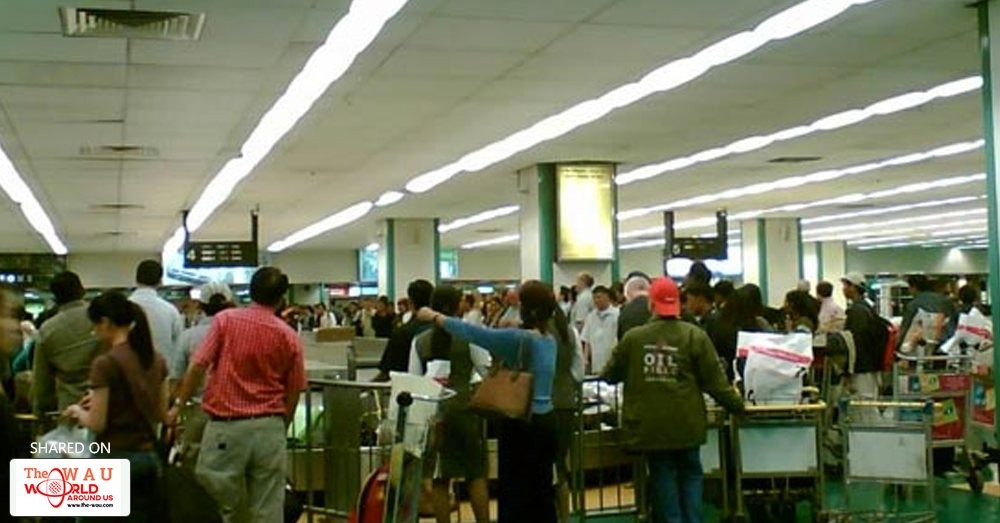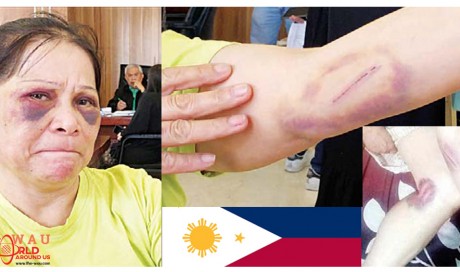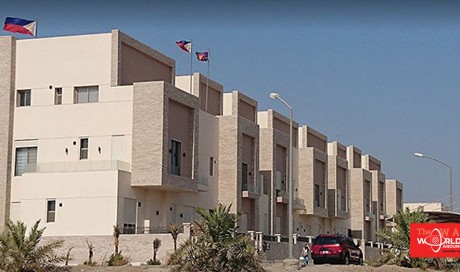Air travel among Filipinos has grown leaps and bounds over the years. No wonder carriers like Cebu Pacific emerged from its humble beginnings flying solely domestic flights before the turn of the millennium to expanding its network, acquiring Tigerair Philippines and adding multiple long-haul flights in recent months. Philippine Airlines, on the other hand was poised to take advantage of the recently removed air restrictions and expand its international network.
We have marveled at how an airline, dealing with how perennial problem of aviation fuel cost and fluctuating currency exchange impact its revenues, continuously offer discounted airfares for domestic and overseas travel. As more Filipinos travel abroad for tourism, migration and jobs abroad, the demand for an expanded network of flights has grown over the years.
But as its coverage of service grows, carriers has its share of issues that didn’t sit well with passengers: when a Cebu Pacific plane overshot the runway at Davao International Airport, its “personnel failed to give humane assistance to passengers,” quoting a local university president; when a ground personnel denied a 12-year-old boy who had an urgent medical case to board the plane from Cebu to Vietnam where he is supposed to get treatment because of damaged passport. The same age-old problem of delayed flights have hounded the Philippine Airlines that it earned nasty monikers like PALaging late (always late, using its acronym).
Such as growth pains an airline could easily get involved with. As the Philippines also hosts some of the world’s worst airports, airlines that use them could easily get dragged into the situation. For example, if there is a problem with the navigation system at Ninoy Aquino International Airport (NAIA) that could impact the on-time performance of any airline, flight delays are likely attributed to the airline rather that the airport. As a result, in some cases, the image of the brand gets unfairly tarnished like what happened to customer satisfaction on Cebu Pacific.
But whether airlines can handle these issues directly or not, strategic action needs to be done not only to reduce customer dissatisfaction but also to elevate its brand perception within the public. For the information of the traveling public, here are the rights of travelers based on joint Department of Transportation and Communication and Department of Trade and Industry Administrative Order No. 1 and some unsolicited advice from us.
1. On handling delayed or cancelled flights
When passengers are told flight is delayed of cancelled, it is a natural reaction to get upset or feel worried. While it is inevitable a flight may be delayed — technical problems, weather — the manner to which the message is conveyed can be improved.
Send a prompt SMS or email alert informing of the flight delay or cancellation. This means the moment the airline detects a possible delay in flight such as delay in arrival of inbound flight or runway congestion at the airport or possible cancellation because of security situation or weather disturbance. If passengers get notified immediately, they don’t have to go to the airport or kept waiting.
Offer compensation to affected passengers. Section 12.1 of Air Passenger Bill of Rights (APBR) says that in the event of delayed waiting at the terminal of more than 3 hours after estimated time of departure, passengers should be compensated with sufficient snacks, breakfast, lunch, or dinner, as the case may be), free phone calls, text or e-mails, and first aid, if necessary.
2. On handling lost, pilfered or delayed baggage
In case the passenger’s baggage is offloaded for security or safety reasons, passengers should be notified on the whereabouts of his/her luggage. If passenger loses track of the offloaded baggage, he or she is entitled of compensation. The same Air Passenger Bill of Rights (Section 14) says that for every 24 hours of delay of baggage arrival — timing starts one hour after the arrival of the aircraft — the carrier should compensate the passenger P2,000 for the inconvenience the baggage delay caused.
In some cases, passengers experience baggage damaged attributable to the carrier (damage during transport from check in counter to baggage compartment, theft or handling by ground personnel) or lost them completely. A compensation should be in place for such kind of unfortunate incidents. For domestic routes, the APBR defines the compensation as “maximum amount equivalent to half of the amount in the relevant convention (for international flights) in its Philippine peso equivalent.”
...[ Continue to next page ]
Share This Post















